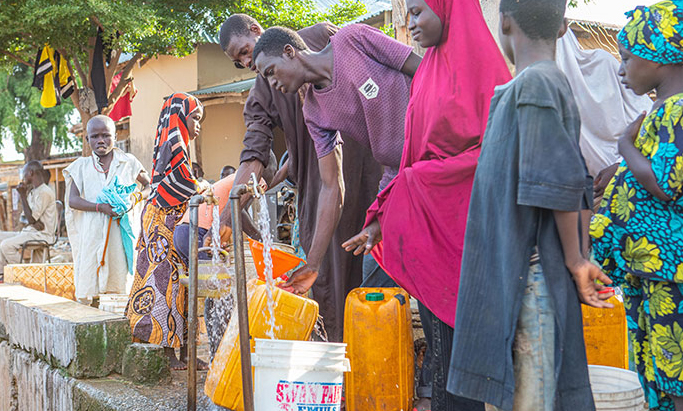A medical practitioner, Dr Ben Akuma has advised schools and public institutions in communities on the need for improved hygiene practices among students and residents to prevent cholera outbreak.
He advised in an interview on Thursday in Abuja.
He said that the call for hygiene practices could never be overemphasised, nor ignored.
Akuma said that washing hands; fruits and vegetables under running water was part of the steps to personal hygiene that should be encouraged regularly, to prevent illnesses such as cholera.
“When dirt is removed from vegetables, the risk of microbiological contamination is reduced as any infected soil or dirt is removed.
“Washing of hands, fruits and vegetables with safe water before eating is necessary. Also meat, fish and vegetables should be properly cooked well.
“Ensure to keep food covered in a clean and cool place, eat fruits and vegetables that you peeled yourself and also avoid eating raw vegetables and fruits not peeled.
“Encourage people to drink only water that they have boiled or treated with chlorine or iodine; these are some of the campaigns that should be ongoing regularly,” he said.
The doctor advised schools and other public places to provide wash hand tools, soaps and water to encourage proper hygiene culture.
He described as unfortunate, how some Nigerians only imbibe hygiene culture for a brief period and then return to an unhealthy lifestyle that might threaten their health.
He, however, urged residents in various communities in the FCT to protect themselves, their families and the society at large, by cultivating a hygiene and sanitary culture for the benefit of all.
Similarly, the Water, Sanitation and Hygiene (WASH) Coordinator of, the Environmental Health Services Department, Bwari Area Council, Mr Williams Kolo said that WASH activities could improve and help prevent and control diseases.
Kolo said the council was working with its partners to improve sanitation and hygiene, especially in primary health centres, public schools and among residents in the various communities in the council.
These interventions, he said included improved water sources, toilet facilities, and behavioural change campaigns among others, were part of measures already rolled out to help prevent and control diseases in the area.
NAN


